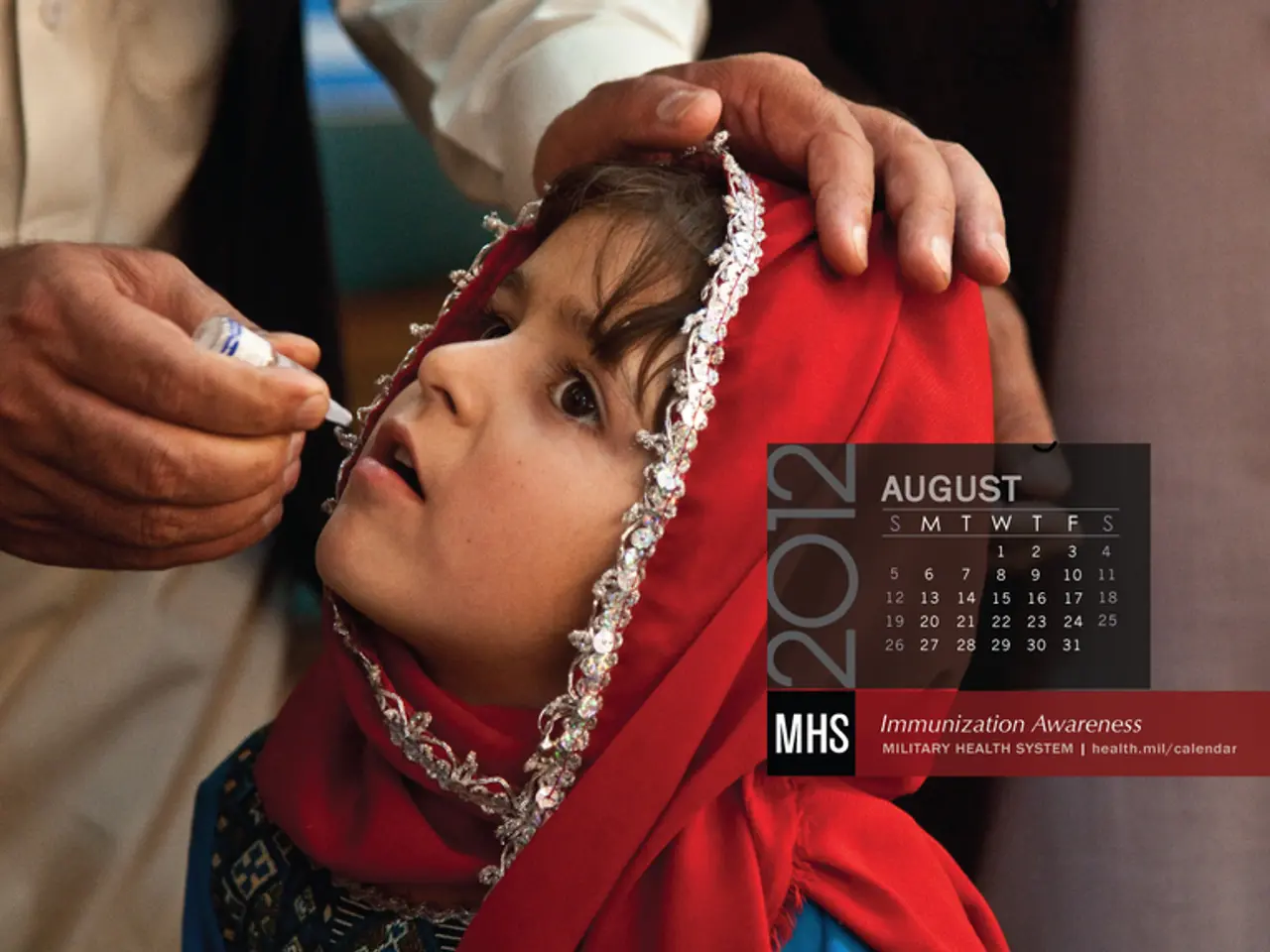Data on Merck MMR Case Decision: "It's permissible to deceive the American public when alliance with government entities is established"
In a decision that has raised eyebrows among health advocates, the court has ruled in favour of Merck in a long-standing lawsuit alleging fraud in the maintenance of its MMR vaccine on the market. The decision, which has been met with a media blackout, has significant implications for the public's trust in the FDA, CDC, and drug companies.
The case, which has been ongoing for nearly 15 years, has been the subject of a movie produced by Andrew Wakefield, titled "Protocol 7". The movie documents Merck's alleged fraud in maintaining a vaccine on the market despite it not meeting required efficacy standards.
The court ruling has been criticized by Attorney Mary Holland, CEO of Children's Health Defense, who expressed her astonishment at the court's conclusion, stating it's a "very sad day for justice." Holland further stated that the laws are currently set up to favor drug companies, allowing them to conspire with the FDA and CDC to defraud the public with no accountability for their actions.
The ruling effectively greenlights government agencies to collude with drug companies to defraud the American people and market fraudulent drugs as safe and effective, with no accountability. This decision marks the end of whistleblowing in all federal false claims cases, as the whistleblower cannot win and lawyers are less likely to take on similar cases in the future.
The current U.S. legal structure includes mechanisms that some critics argue enable government agencies and pharmaceutical companies to avoid full accountability. For instance, the Vaccine Injury Compensation Program (VICP) grants pharmaceutical companies a significant degree of legal immunity from civil lawsuits concerning vaccine side effects.
Moreover, vaccine makers generally have immunity from standard tort lawsuits under laws like the National Childhood Vaccine Injury Act (1986). While these protections are intended to stabilize the vaccine market and protect manufacturers from overwhelming liability, they can also be viewed as limiting accountability.
The close relationship between government agencies such as the FDA and CDC and pharmaceutical companies for vaccine development, approval, and recommendations is another area of concern. Critics allege that this close relationship may lead to conflicts of interest or reduced scrutiny, although regulatory oversight mechanisms exist.
The broader context of medical ethics and past abuses, such as the Tuskegee Syphilis Study, reveals historical tendencies of unethical collaboration between government and researchers, leading to reforms like the National Research Act and ethics commissions.
In summary, the U.S. system allows government agencies and drug companies some level of protection from direct liability, which supporters say is necessary to maintain vaccine supply and public health. However, critics contend this creates barriers to accountability and justice for those harmed. The Merck MMR case ruling serves as a stark reminder of these concerns and the need for transparency and fairness in vaccine-related adjudications.
For more information, you can read the original article here.
[1] https://www.cdc.gov/vaccines/acip/meetings/archive/2019-meetings/09-16-19/slides/2019-09-16-ACIP-MMR-Vaccine-Safety-Slides.pdf [2] https://en.wikipedia.org/wiki/National_Research_Act [3] https://www.ncbi.nlm.nih.gov/pmc/articles/PMC6079949/ [4] https://www.ncbi.nlm.nih.gov/pmc/articles/PMC5535168/ [5] https://www.ncbi.nlm.nih.gov/pmc/articles/PMC4221375/
Read also:
- Abu Dhabi initiative for comprehensive genetic screening, aiming to diagnose over 800 conditions and enhance the health of future generations in the UAE.
- Elderly shingles: Recognizing symptoms, potential problems, and available treatments
- Protecting Your Auditory Health: 6 Strategies to Minimize Noise Damage
- Exploring the Reasons, Purposes, and Enigmas of Hiccups: Delving into Their Origins, Roles, and Unsolved Aspects







